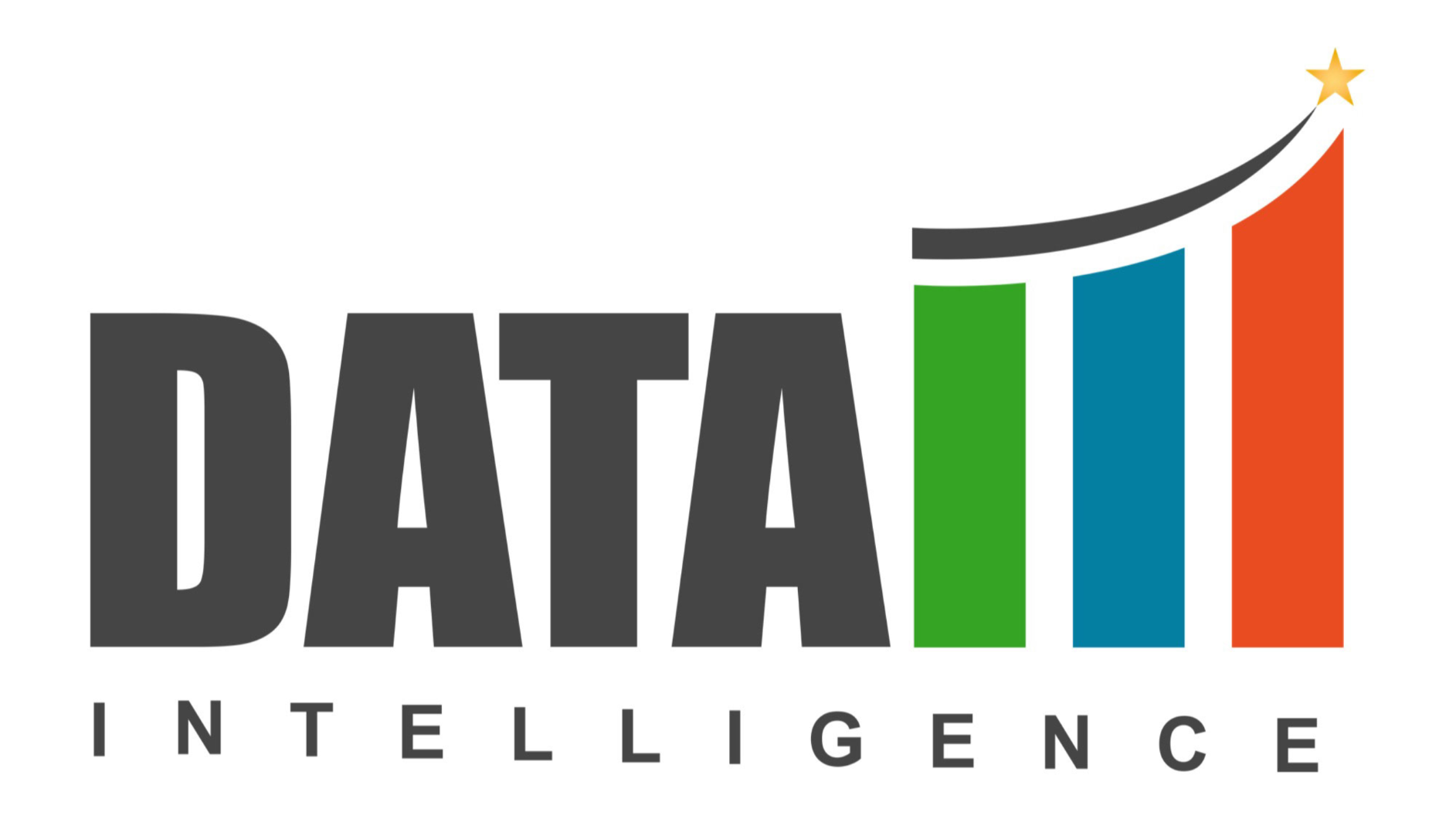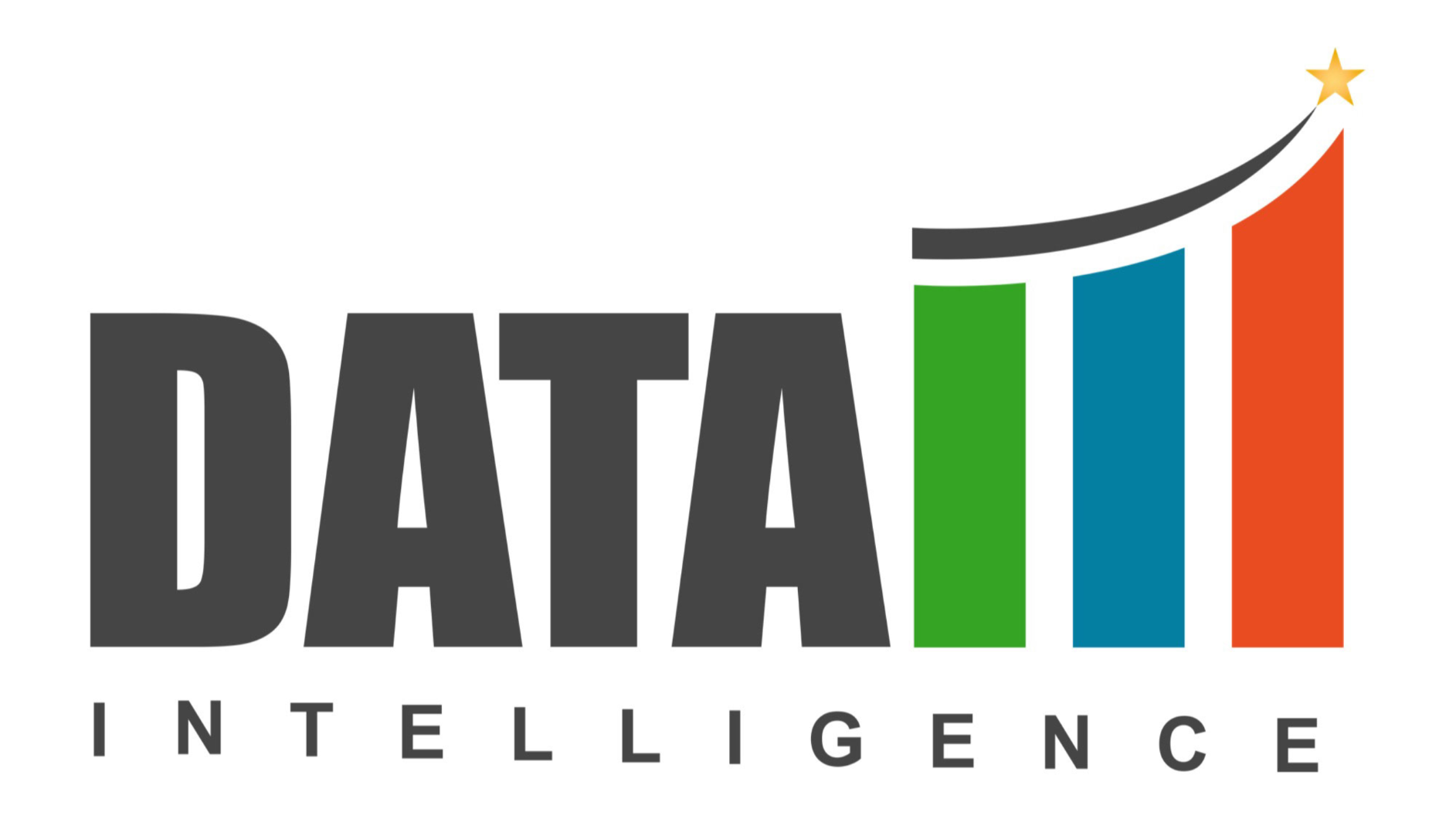- All Plans
- Yahoo Press Release
- Bloomberg Press Release + Yahoo Finance
- Business Insider Press Release
- Benzinga Press Release
- Digital Journal Press Release
- US Times Now Press Release
- AP News Press Release
- Yahoo Finance Press Release
- Street Insider Press Release
- MSN News Press Release
- USA Today Press Release
Global Mass Spectrometry Market to Reach $9.21 Billion by 2031, Driven by Technological Advancements and Expanding Applications

The global mass spectrometry market is set to experience significant growth, with projections estimating a rise from $5.74 billion in 2023 to $9.21 billion by 2031. This robust growth represents a compound annual growth rate (CAGR) of 6.3% over the forecast period. The surge in market value underscores the increasing importance of mass spectrometry across diverse sectors including pharmaceuticals, biotechnology, environmental testing, and clinical diagnostics.

Technological Advancements Fuel Market Expansion
Technological innovations are at the heart of the mass spectrometry market’s expansion. Recent advancements have dramatically improved the accuracy, sensitivity, and speed of mass spectrometers, thereby broadening their application in critical fields such as proteomics, metabolomics, and personalized medicine. The development of hybrid mass spectrometry systems—such as quadrupole-time-of-flight (Q-TOF) and tandem mass spectrometry (MS/MS)—has enhanced the ability to perform more precise and comprehensive analyses.
A prime example of this innovation is Waters Corporation’s Xevo TQ Absolute system, introduced in 2022. This cutting-edge benchtop tandem mass spectrometer is noted for its exceptional sensitivity and compact design. The Xevo TQ Absolute offers up to 15 times more sensitivity for quantifying negatively ionizing compounds compared to its predecessor and is 45% smaller while consuming 50% less electricity and gas. Such advancements are indicative of the industry’s move towards more efficient and environmentally friendly solutions.
Get a Free Sample Research PDF – https://www.datamintelligence.com/download-sample/mass-spectrometry-market
North America Leads Market Growth
North America is anticipated to be the largest market for mass spectrometry, driven by ongoing product innovations and a substantial increase in research and development budgets. The U.S. government, through the National Institute of Health (NIH), is expected to allocate $40.66 billion of its total $165.46 billion R&D budget towards scientific research, fueling demand for advanced mass spectrometry technologies.
In the same vein, Thermo Fisher Scientific launched the EXENT Solution in August 2023, a fully automated mass spectrometry system that promises to revolutionize diagnostics for monoclonal gammopathies, including multiple myeloma. Furthermore, the introduction of the Thermo Scientific Orbitrap Astral mass spectrometer in June 2023 represents a major leap in mass spectrometry, combining high throughput with deep proteome coverage to facilitate groundbreaking discoveries.
Pharmaceuticals and Biotechnology: Key Market Drivers
The pharmaceutical and biotechnology sectors are significant drivers of the mass spectrometry market. Mass spectrometry is indispensable in drug discovery and development, aiding in the identification and characterization of new drug candidates, studying drug metabolism, and ensuring drug purity and potency. This technique also plays a crucial role in the analysis of biopharmaceuticals, including proteins and biomolecules, and in developing personalized therapies for cancer and other diseases.
For example, Thermo Fisher Scientific’s launch of the Thermo Scientific Orbitrap Astral mass spectrometer is poised to enhance researchers’ ability to uncover proteins previously undetectable and advance precision medicine.
Moreover, Waters Corporation’s introduction of the industry’s first targeted imaging mass spectrometer in June 2023 further exemplifies the market’s evolution. This new instrument integrates the Waters DESI XS source with the Xevo TQ Absolute system, achieving five times greater sensitivity and speed compared to traditional imaging systems.
Get Customization in the report as per your requirements: https://www.datamintelligence.com/customize/mass-spectrometry-market
Challenges and Market Restraints
Despite the promising growth, the mass spectrometry market faces challenges, notably high product pricing. Premium pricing can deter potential customers, particularly smaller research labs and academic institutions with limited budgets. The high cost of mass spectrometry instruments restricts market penetration in emerging regions, potentially limiting growth opportunities. For instance, the cost of mass spectrometry services at institutions like Harvard University varies significantly, with corporate researchers facing the highest rates, which may influence purchasing decisions.
Opportunities in Drug Discovery and Development
The mass spectrometry market presents substantial opportunities in drug discovery and development. The technology’s ability to rapidly identify and characterize potential drug candidates accelerates the drug discovery process. Innovations like the SCIEX Echo MS+ system, launched in February 2024, exemplify this potential. The system’s Acoustic Ejection Mass Spectrometry technology, combined with high-resolution capabilities, addresses challenges in high-throughput screening for drug discovery.
Additionally, partnerships such as the one between Axxam S.p.A. and Momentum Biotechnologies, announced in November 2023, highlight the expanding role of mass spectrometry in providing unique drug discovery solutions. This collaboration combines Axxam’s chemical diversity library with Momentum’s mass spectrometry-based assay platforms, advancing drug discovery and development.
Regional Insights: South America
The South American mass spectrometry market, valued at $368.87 million in 2023, is projected to grow to $555.09 million by 2031, at a CAGR of 5.4%. This growth is driven by the region’s expanding pharmaceutical and biotechnology industries, as well as increasing investments in drug research and development. Countries like Brazil and Argentina are increasingly adopting advanced technologies to enhance pharmaceutical product quality and effectiveness.
Furthermore, the focus on environmental monitoring and food safety in South America is driving demand for mass spectrometry. The technology’s sensitivity and precision are crucial for detecting pollutants and contaminants, thus supporting regulatory compliance and safety measures.
Company Share Analysis
The global mass spectrometry market is competitive, with numerous players contributing to its growth. Key players include Agilent Technologies, Thermo Fisher Scientific Inc., Waters Corporation, Danaher Corporation, and Bruker Corporation, collectively accounting for approximately 70% of the market share.
Noteworthy market activities include Agilent Technologies’ launch of the Agilent 6495D LC/TQ and Agilent Revident LC/Q-TOF systems, and Waters Corporation’s introduction of the Xevo TQ Absolute IVD system. These innovations underscore the companies’ commitment to advancing mass spectrometry technology and enhancing market presence.
About the Companies
Agilent Technologies, Inc.: Agilent Technologies is a leading global provider of biological sciences, applied markets, and diagnostics solutions. With over 18,000 employees, Agilent focuses on enhancing life quality through cutting-edge technology and research collaborations.
Hitachi, Ltd.: Hitachi is a global conglomerate involved in diverse sectors including electronics, power systems, and information technology. The company provides products and services across various industries including healthcare, energy, and construction.
Media Contact
Organization: DataM Intelligence
Contact Person: Sai Kumar
Website: https://www.datamintelligence.com/
Email: Send Email
Contact Number: +18774414866
Country: India
Release Id: 19082415791
